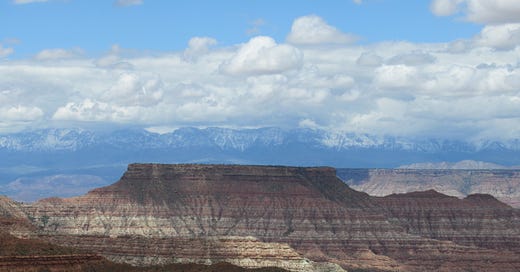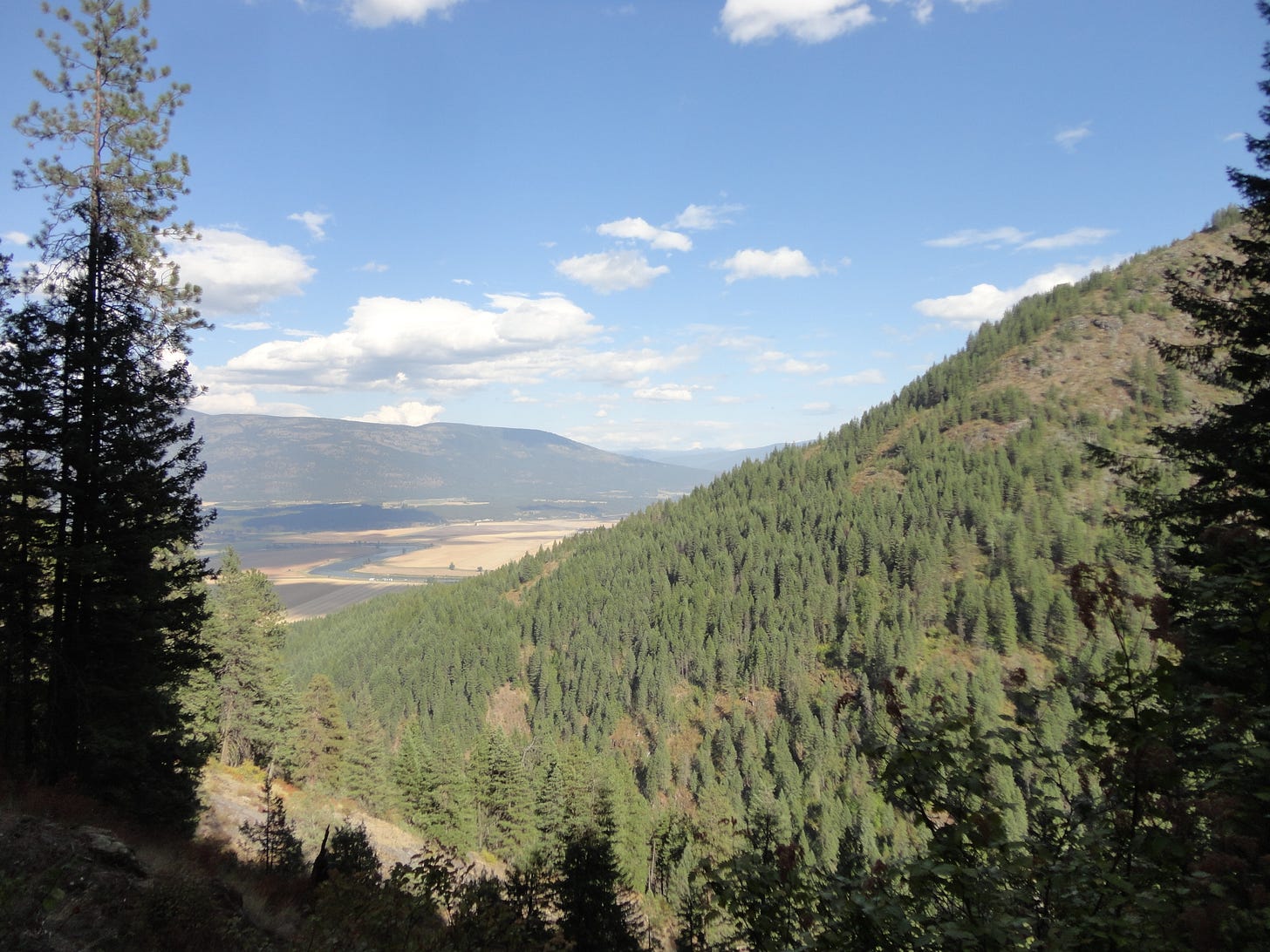What is Wilderness in the Year 2021?
Over the past several years, perhaps no issue within the mountain biking community has caused as much debate as the wilderness issue has. The issue: should mountain bikes/bikers be allowed in federally designated wilderness areas. Many, many ad nauseam things have been written, said, argued, debated over, of which I am not going to do here. You can mine the internet for all those perspectives.
What I will do is ask the following question: what does wilderness mean in the year 2021? Specifically, what do we do about our understanding of wilderness when we know that human activity impacts the entire planet, that impact being present in wilderness in the form of climate change and micro-plastics, as a couple of examples? Add to it, the reality of missing indigenous voices in this debate. I’m not going to seek a definition of wilderness in 2021, but rather ask the question, how do we perceive wilderness in 2021 with our new knowledge of adverse human impact on the environment coupled with looking through an historical lens?
A couple decades back I read a book titled The Myth of Wild Africa. One of the lessons in it centers on the Eurocentric view of Africa as it was being explored and colonized. In reality, that “wild” status was missing the complex human relations that existed within various ecosystems. The Eurocentric lens omitted indigenous African peoples living on the land, with the lions and elephants and giraffes.
Sound familiar?
In the United States of America, wilderness understandings are, for the most part, Eurocentric. Our country’s history includes a genocide perpetrated against Native Americans. Remove them from the land and you have a “pristine” or “pure” landscape “untouched” by humans.
We are living in the year 2021 and we know that “pure” and “pristine” is not true. Is a place “wild?” I truly don’t know at this point what that may mean.
What do we do then? Do we allow mountain bikes/bikers in the “wilderness?”
Really, what this is all about is whether or not yet another user group is going to be on trails in the “backcountry.” I’m not going into the policy realm, because it seems pretty clear that the original legislation was later changed to exclude mountain bikes. Yes, land managers have many considerations (pollution, rescue/safety/emergency preparedness, trail impacts, impacts on wildlife behavior, to name a few) when thinking about another user group/mountain bikers in wilderness.
If you’re going to argue “wilderness preservation,” you’ll need to step back and realize that humans have been on the land here for millennia. In a modern context, when you fly across the sky to recreate in said “wilderness,” or drive there, you’ll have to admit that getting to the trail head contributes to climate change and that it will impact the “wilderness.”
The way I see it, while all of that needs to be taken into consideration, maybe what needs to be taken into consideration more, and from the get-go, is input from human beings who were here first. I’d feel much better if their voices were part of the decision-making process, at the least. All this debate about wilderness does not include their history. Moreover, by not hearing their voices, it perpetuates the dark and ugly side of that history.
Remember: when you think you’re riding in wilderness, assuming you think it has something to do with “wild” and “pure” and “pristine” and where the deer and antelope and bears roam, it is a privileged viewpoint to have.
Where do I stand on riding my mountain bike in wilderness? If any decision includes Native Americans at the decision-making table, and the outcome is in favor of opening up federally designated wilderness to mountain bikes/bikers, I’m okay with it. Until those voices are heard, I’m not okay with setting a new status quo. That’s been done far too much. No need to keep that practice going into the future.
(This is not to say that I’m okay with lost MTB access. Again, though, if Native humans are part of that kind of a decision, so be it. Note: this isn’t a “woke” thing. It’s a human rights argument envisioned by recognizing history. I’ve been a human rights student/activist/supporter/practitioner for nearly 30 years.)
Fully Rigid is a monthly column by James Murren about Mountain Biking Issues within the Mountain Biking Community.





